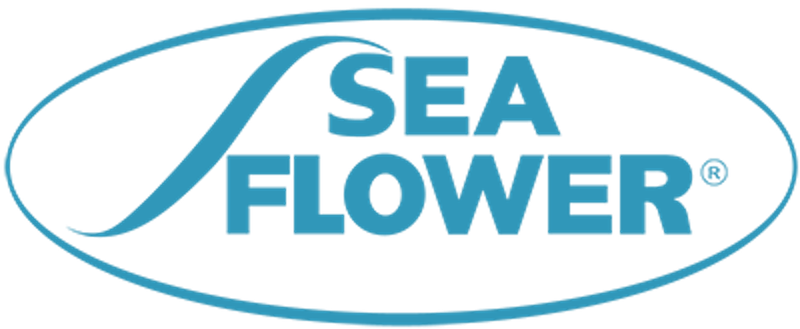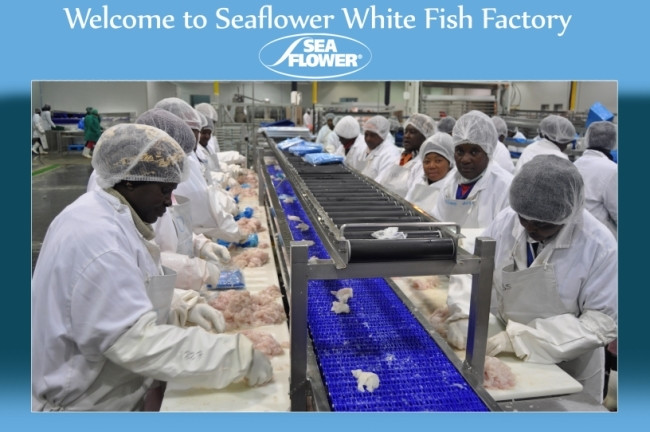SAP Business One, from 4most, to accelerate Seaflower's growth objectives

SAP Business One, from 4most, to accelerate Seaflower's growth objectives
Increased operational efficiencies, full integration and automation of process coupled with real-time access to credible data and remote access set to position Seaflower in Namibia's fishing industry.
Issued by 4most
Johannesburg, 13 Dec 2017
Read time 4min 20sec
The National Fishing Corporation of Namibia (FISHCOR) is the holding company that Seaflower companies operates under. FISHCOR was established by the Namibian government in 1991 with the objective of exploiting the fish and other marine resources. Seaflower Lobster and Seaflower Whitefish are responsible for exploiting the lobster and hake quotas, allocated to FISHCOR, respectively.
Seaflower Lobster became a wholly-owned subsidiary of FISHCOR on 7 April 1993, followed by Seaflower Whitefish, responsible for its hake quota (shore to factory), in 1994 as the main operator company in the group. Its most recent division, Seacope Freezer Fishing, a 51% subsidiary of Seaflower Whitefish that was established in 2004, now complements its original hake business with the provision of at sea freezer facilities.
Fact sheet
Solution: SAP Business One
Industry: Fishing
Provider: 4most
User: Seaflower
"Most of our products are exported," says Paulus Ngalangi, Group General Manager Finance, with as much as 99% of its lobster being sold in Japan, 70% of its hake product in Europe, 20% in South Africa, and the remainder of both being made available on the local market.
A thriving business with great potential for growth, its journey though has not always been as straightforward. Approximately three years ago, a new board and management saw Seaflower completely re-establish itself. A key goal was to position itself as a dominant player in Namibia's fishing industry within the next five to ten years. "To accomplish this, a complete overhaul of all operations and efficiencies was required, together with that of our existing technology infrastructure," says Ngalangi.
An outdated legacy system, incapable of meeting daily operational requirements, was posing a serious threat to future growth. "A complete lack of integration and the need for manual processes were just some of the challenges we faced," continues Ngalangi. "It was cumbersome and time consuming, with the resulting propensity for human error of great concern." In addition, no remote access for management was proving far from ideal due to extensive travel requirements.

Seaflower White fish factory.
"Seaflower is set to grow," stresses Ngalangi. "We needed a system that can support this whilst increasing efficiencies and productivity, streamlining reporting and generally making day to day operations a lot easier."
Having previously been involved in another company's transition from legacy to SAP Business One, Ngalangi was determined for Seaflower to follow suit. "I had personally experienced the increased efficiencies and had no doubt SAP Business One was the right solution for Seaflower," says Ngalangi. After a demo by 4most, a leading supplier and implementer of SAP Business One and ERP software technology and the previous company's vendor of choice, Seaflower management concurred with Ngalangi and the decision was made to move ahead.
Whilst no firm decision has yet been made with regards to an exact 'go live' date, initial planning and discussions are underway. "We are in no rush," says Ngalangi. "What is far more important, is that we get it right!" Common to parastatals, Seaflower has experienced a fair amount of staff attrition over the years. As a result, not all processes are correctly defined or documented. "And, now is the perfect time to rectify that before implementation takes place," adds Ngalangi.
Once complete, 4most will then begin the task of implementing and automating these newly defined processes. This will see it spend a fair amount of time onsite at Seaflower. "We are in the business of providing solutions, with a strong partnership methodology," says Marius Fabian, MD, 4most. "For us, key to any engagement is to ensure that the technology, be it a new implementation or upgrade, adds value! We therefore work closely with our customers to gain as deep an understanding of their business, and all its components, as possible."
Despite no clear implementation date, Ngalangi is optimistic and excited by the expected outcome. "Ultimately, our main goal is to improve productivity across the board and up efficiencies, all of which reflects on the bottom line." Not only will full integration, automation and remote access completely revolutionise day to day operations, but Ngalangi is confident that access to real-time, current and credible data, allowing for fast and accurate business decisions, will accelerate the realisation of Seaflower's growth objectives.
"One of SAP's many benefits lies in its continuous product investment," continues Fabian. This places its users at the forefront of technology, allowing them to effortlessly meet today's requirements whilst simultaneously enabling a smooth transition into tomorrow. And it is this that facilitates growth and success. "We look forward to working with Seaflower over the coming months as it takes its next step towards becoming a far more dominant player in Namibia's fishing industry."


